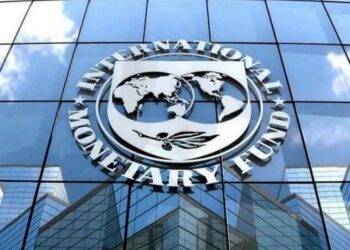A former Kogi State governorship candidate of the Peoples Democratic Party, Dino Melaye, said politics should not be considered a profession or vocation.
The one-time member of the Senate, in a tweet on Sunday, noted that a man without a second address will have his life in politics, scarce of honesty.
Melaye wrote, “Politics ought not to be a vocation or profession. It is the part-time profession of every citizen who would protect the rights and privileges of free men.”
Melaye, who came third in the November 11 governorship election lost to the All Progressive Congress.
Recall that the Independent National Electoral Commission declared the APC candidate, Usman Ododo, winner of the election in the state.









